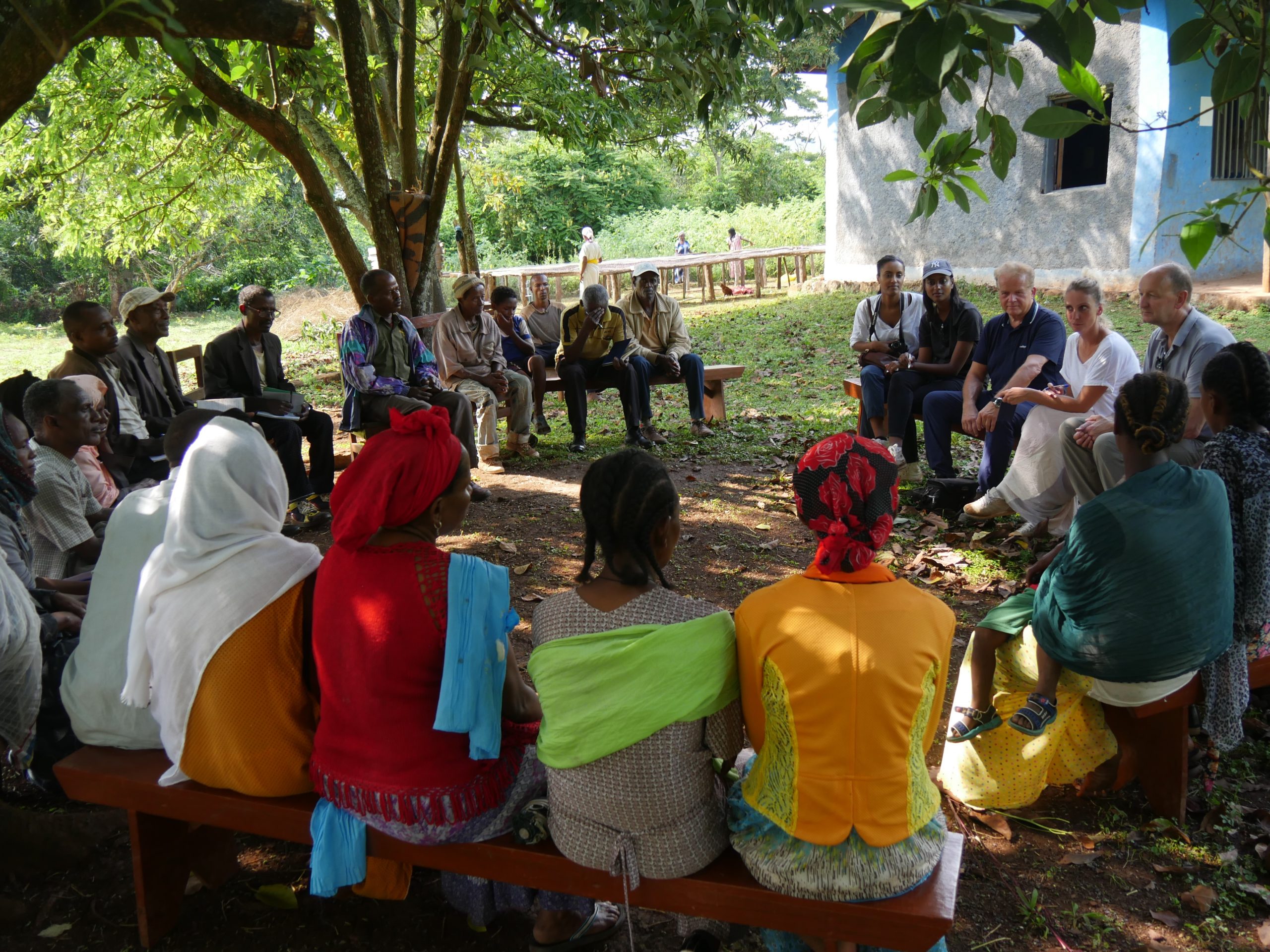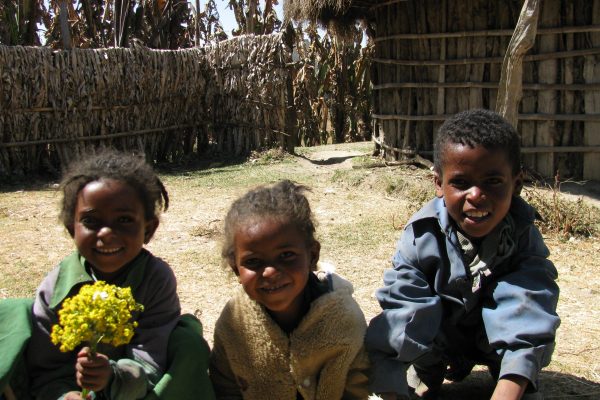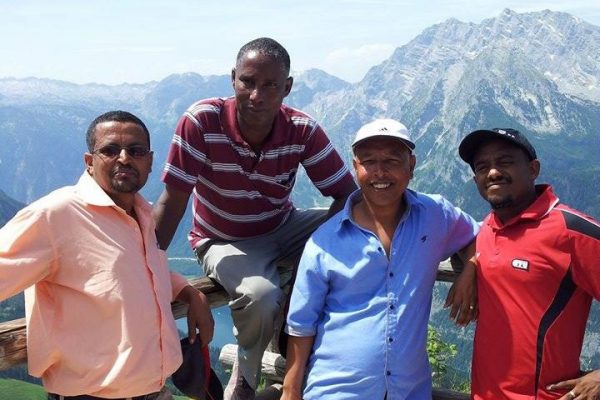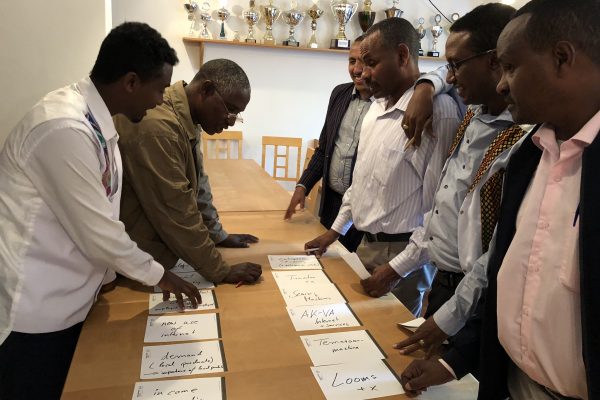When Florian Hammerstein talks about his wild coffee from Kaffa, it quickly becomes clear: someone has found his passion here. For over 15 years, the business graduate from Freiburg has been importing Arabica from Ethiopia’s south with his company “Originalfood,” which is harvested from the jungle by small farmers. There are now around 15,000 of them, who have joined together to form cooperatives and a cooperative with the support of the German company.
Florian Hammerstein has been a sympathetic observer of our association’s activities since 2016 – we invited him to an online regulars’ table at the end of January. With over 30 participants, the evening was the best-attended online event of the association so far. Through contacts with GEO magazine, Hammerstein, who had already begun to deal with the topic of sustainability in the 1980s, had been made aware of the wildly growing Arabica coffee in Kaffa in 2003. Kaffa, a former kingdom that is now a district in the Ethiopian state of Southern Nations, is considered the original home of coffee, according to legend. Without further ado, he flew to Ethiopia and just a few months later the first container of green coffee arrived in Germany. It quickly became clear that the quality of the coffee was unique – however, further processing left something to be desired: “Difficult when the coffee is lying in front of the hut and the chickens run over it.” A lot of work has therefore since been put into qualitative processing: training and coordination of farmers, construction of storage areas – also supported by German development cooperation. The coffee has been certified organic and Transfair since 2005.
However, “Originalfood GmbH” is still a commercial enterprise in which Hammerstein and other shareholders have invested money. Recently, they have been “operationally positive,” the managing director reported. The road to the stores had been hard work. Hammerstein always had one argument ready: “We are so special that we do not replace any other product in the range, but complement every range. Originalfood now offers the Kaffa coffee in three different variants (mild, medium, espresso), and there is a “Coffee Collection” with three different camp coffees. As the first have “Originalfood” offered in compostable capsules. Meanwhile, Hammerstein also sells green coffee to other roasters and brands. Up to 300 tons of Kaffa Arabica come together in this way every year.
The focus here is primarily on producers in Ethiopia: “When we negotiate prices, we ask every time: what do you need this year?” – It could hardly be fairer. The next big step for even more added value in the producer country is already planned: roasting in Ethiopia. However, there are some difficulties to be overcome locally: the necessary machinery, high international industry standards and, above all, the knowledge of high-quality drum roasting. When it comes to training, there is currently a project of the Bavarian State Chancellery in which Originalfood is involved. Those who know Hammerstein know that the first coffee roasted in Ethiopia is only a matter of time. Ever closer to the goal of making “the best coffee in the world,” as Hammerstein says only half-jokingly.
Florian Hammerstein’s coffee is available at the organic market in Vaterstetten and as “Abol Buna” at www.proethiopia.de, a non-profit store that also offers products from Alem Katema.
By the way: One third of the coffee quality is made during cultivation, a second third during roasting – the last third during preparation. Unfortunately, this means that the “best coffee in the world” can still turn into a real sludge in the last few meters.




